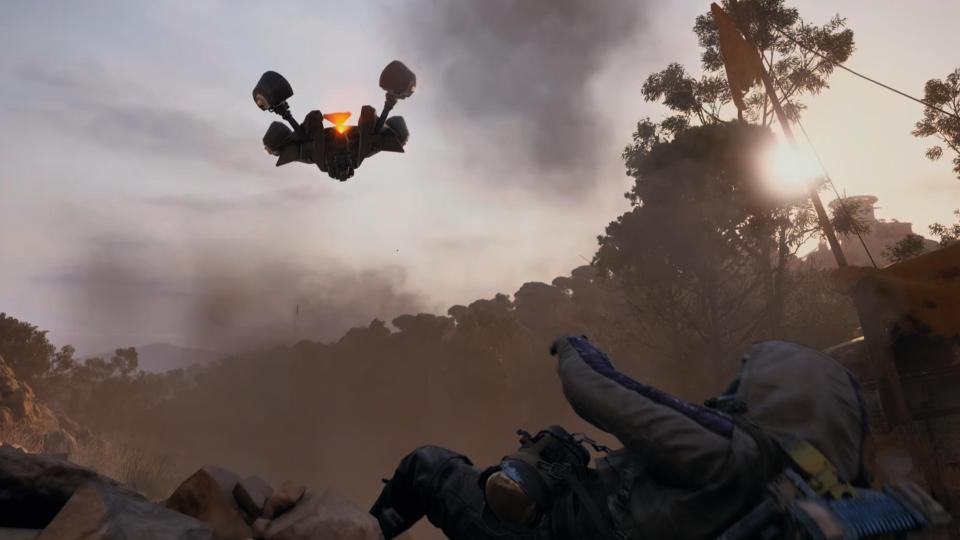In a significant development within the gaming industry, Activision's Quality Assurance (QA) workers, primarily associated with Call of Duty titles, are facing a mandatory return-to-office edict, leading to protests from the ABK Workers Alliance. This change, scheduled to take effect in late January, discontinues the previously allowed hybrid work model for QA employees in Minneapolis, Austin, and El Segundo. The end of the hybrid arrangement comes with the company's belief that in-office work is more efficient due to factors such as improved broadband speeds, better team alignment, and access to hardware.
Activision offers severance packages that include a minimum of 12 weeks' pay, bonuses for 2023, a year's healthcare, and a payout for unused vacation to those who leave due to the new mandate. However, the ABK Workers Alliance opposes the shift, stating that it acts as a 'soft layoff' that could force many employees to leave. They argue that the mandates do not accommodate various employees' needs, like disabilities, financial constraints, or those hired during the lockdown who are settled far from offices. While the company states they are committed to finding reasonable accommodations, employees remain concerned about their futures as the one-size-fits-all approach doesn't account for individual challenges.
The ABK Workers Alliance was formed following a California lawsuit alleging discrimination and harassment against Activision Blizzard employees in 2021. They've since become an active voice in worker organization and unionization efforts at the company. The move to mandatory in-office work is part of a larger trend where companies are retracting work-from-home policies, garnering significant backlash from employees. Such mandates have been met with extensive debate and frustration in the industry, as has happened at companies like Blizzard and Ubisoft Montreal.
How does the Activision return-to-office mandate affect Call of Duty development?The return-to-office mandate may have implications for the development of Call of Duty titles, potentially leading to staff reductions if employees are unable to comply and choose to leave. This could impact productivity and project timelines in the short term. In the long run, it could also lead to changes in the hiring process, worker morale, and serve as a measure of how resilient AAA game development can be in the face of internal policy shifts.








Comments
No comments yet. Be the first to comment!